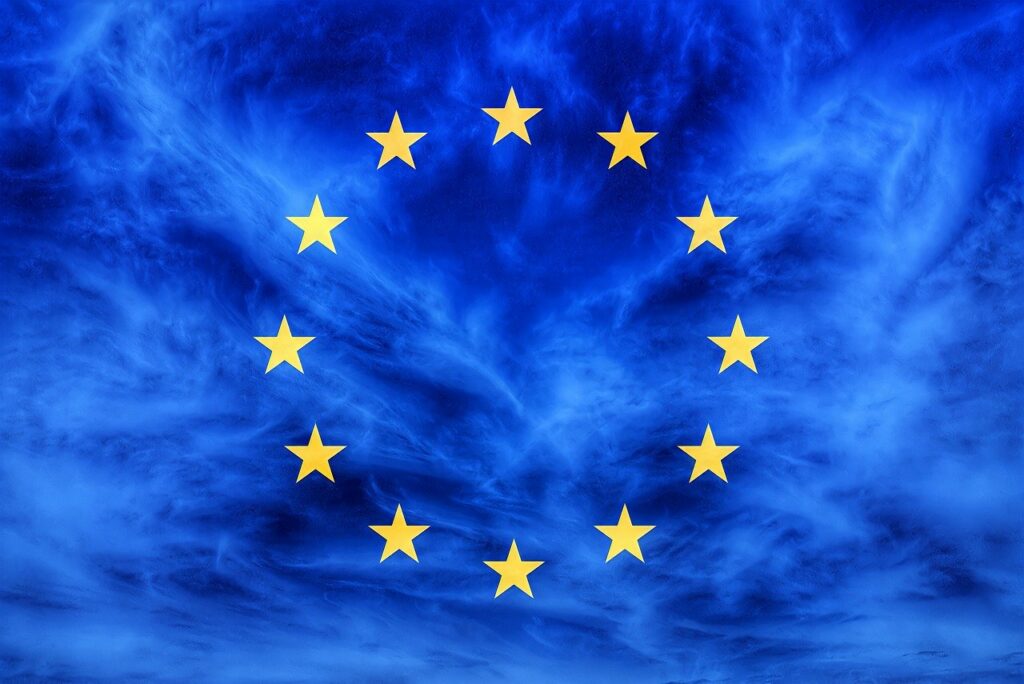The European Union (EU) continues to strengthen its global energy partnerships, taking a significant step in its collaboration with Chile to develop renewable hydrogen. Under the guidance of the EU’s Commissioner for Climate Action, Wopke Hoekstra, the Steering Committee of Team Europe Initiative for the Development of Renewable Hydrogen in Chile convened, marking the first meeting between European ministers, ambassadors, and their Chilean counterparts to discuss progress in the hydrogen sector.
This initiative follows European Commission President Ursula von der Leyen’s launch of the €225 million ($238.9 million) Fund for Renewable Hydrogen in Chile in June 2023. The primary objective of this fund is to secure a stable supply of renewable hydrogen, aligning with the EU’s REPowerEU goals, which aim to import 10 million tonnes of hydrogen annually by 2030.
The EU’s collaboration with Chile aims to stimulate the growth of the hydrogen sector in South America by sharing knowledge, fostering technology development, creating a conducive environment, and establishing projects, business partnerships, and financing. This multifaceted approach is supported by Germany’s Federal Ministry of Economy and Climate Protection (BMWK) and the EU, with the involvement of Germany and Spain’s cooperation agencies, GIZ and AEID.
Chile has set ambitious targets for its hydrogen production capacity. The country aims to have 4-5 gigawatts (GW) of green hydrogen production capacity by 2025, with further expansion to 25 GW by 2030. Leveraging its abundant renewable energy resources, Chile aspires to become the world’s most competitive green hydrogen producer, delivering a clean and cost-effective energy source to global markets.
George Cristodorescu, Chile and LAC Energy Cluster Coordinator at GIZ, shared his confidence in the project, stating that it comprehensively addresses all aspects required to nurture a thriving green hydrogen industry in the region.
